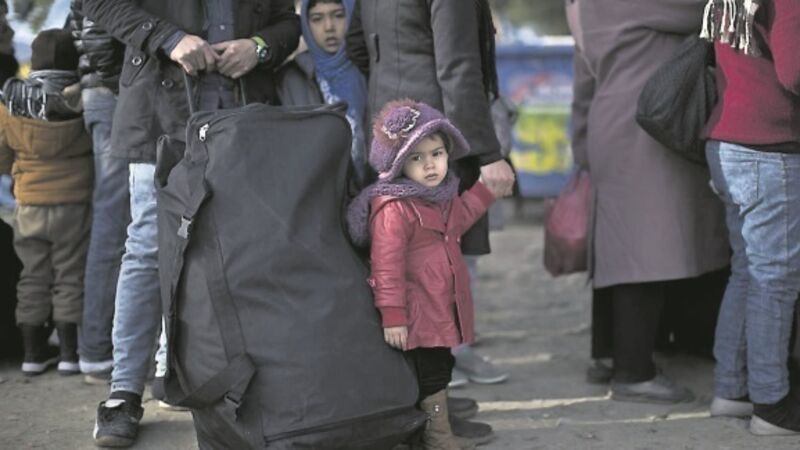Refugee crisis: The closure of internal borders will not make Europe safer

ANOTHER key European project is under threat. Two decades after border controls were abolished under the Schengen Agreement — which encompasses 26 countries, including four non-members of the European Union — Germany has reinstated controls at its border with Austria, and France at its border with Belgium.
The controls are temporary, and the vast majority of other borders remain open. But Europe is not becoming more open — and that is a serious problem. The shift away from a “Europe without borders”, instigated by images of refugees walking across internal frontiers, was compounded by the news that most of those who carried out last month’s Paris attacks came from Belgium, and that some may have entered the EU via the Balkans, posing as refugees.













